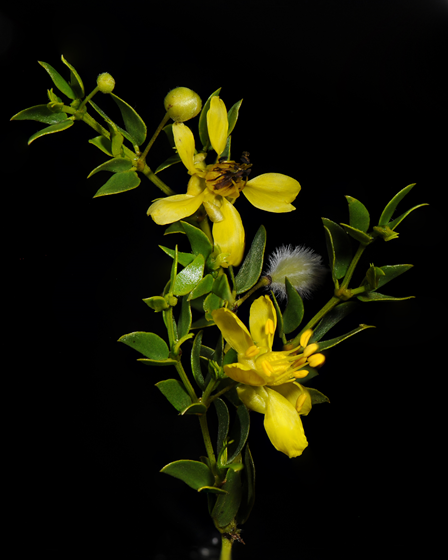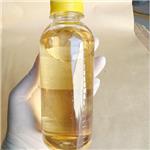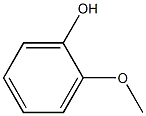Creosote: History, Varieties and Health Effects
History of Creosote
Creosote is a tar distilled from wood or coal. Creosote wood is a shrubby plant found mainly in the deserts of southwestern North America. It produces small, pretty yellow flowers in spring and summer. It is a viscous, oily liquid that is flammable. It is mainly used as a wood preservative and insecticide. Insecticide products containing creosote as an active ingredient are used to protect wood from termites, fungi, mites and other pests.

In 1830, the Germans extracted JP wood Creosote, the main ingredient in Seirogan, from wood tar, which was used to treat ulcers and disinfect wounds. Because of its ability to kill bacteria, it was also used as a food preservative, cough suppressant, and treatment for tuberculosis. It was first used during the American Civil War to treat gastrointestinal disorders and its effectiveness was highly recognised.
JP wood Creosote is an antimicrobial drug that can inhibit diarrhoea. However, recent studies have shown that it also promotes intestinal motility and regulates intestinal water content. It is for these reasons that JP Wood Creosote calms the intestinal tubes and bowels, relieving diarrhoea and loose stools. In addition, the latest research confirms that the bioavailability of JP wood Creosote in the intestinal tract does not kill bad bacteria or inhibit the growth of good bacteria such as LAB and Bifidobacterium, but it can regulate intestinal motility and function and alleviate gastrointestinal problems.
In addition, modern herbalists have found other uses for creosote. One extract is now on the market as a treatment for herpes. Another extract is being studied for use as an anti-cancer drug. However, large doses of creosote have been shown to cause liver damage.
Varieties of Creosote
Creosote comes in two varieties: wood creosote and coal tar creosote. But while they are completely different, they can easily be misconstrued as the same thing.
Wood creosote (JP wood creosote) is derived from natural herbaceous plants and contains phenolic compounds such as guaiacol, creosote and phenol. It is a pale yellow transparent liquid obtained by carbonising wood such as beech and pine and repeatedly distilling the wood tar. It is mainly used for medicinal purposes and can be used as the main ingredient in refreshing oil. It is registered in the Japanese Pharmacopoeia (Record of Pharmaceutical Specifications of Japan) as "coal tar creosote", which was later changed to "wood creosote".
The main chemicals in coal tar creosote are polycyclic aromatic hydrocarbons (PAHs), phenols and creosote, phenols and creosote. It is a by-product of destructive distillation of wood. The appearance is a dark brown liquid. It is used as a raw material for carbon black and as a preservative for wood. For this reason, it is also known as industrial or coal tar kerosene according to JIS. Its use is limited by the fact that some coal tar creosote contains the carcinogen benzo(a)pyrene.
Health Effects
Creosote can be harmful to the human body. It is irritating to the skin and eyes and may cause blistering, peeling or redness of the skin and burning of the eyes. Prolonged exposure to creosote vapours can irritate the lungs. Ingestion may cause burning in the mouth and throat and stomach pain. Ingestion of large amounts may cause severe rashes, convulsions, kidney or liver problems, coma, or death.The health effects of Creosote on children have been less well studied. Animal studies have shown that exposure to high levels of creosote during pregnancy can cause birth defects in infants, such as cleft palate (inability to close the roof of the mouth completely). Other studies suggest that creosote may cross the placenta and enter fetal tissues.
You may like
Related articles And Qustion
See also
Lastest Price from Creosote manufacturers

US $0.00/KG2024-09-19
- CAS:
- 8021-39-4
- Min. Order:
- 1KG
- Purity:
- 98% up, JP14/BPC1959
- Supply Ability:
- 20 tons

US $5.60/KG2024-09-19
- CAS:
- 8021-39-4
- Min. Order:
- 1KG
- Purity:
- 99%
- Supply Ability:
- 5000kg




